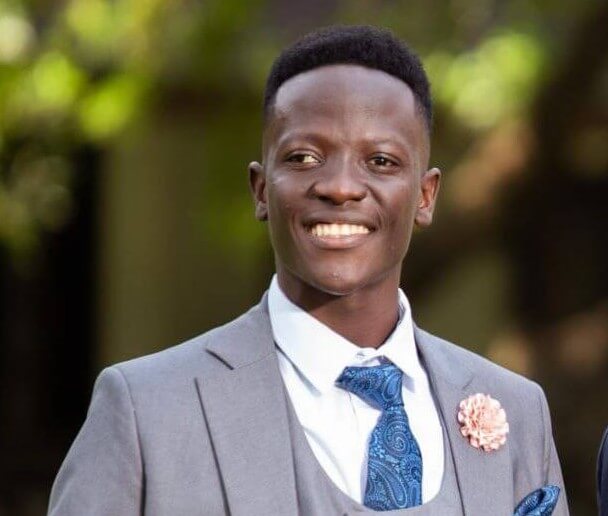Saudi authorities have introduced guidance AI robots at the Grand Mosque, giving Ramadan worshippers a taste of the new experience in the current age. This initiative, an overall strategy based on state-of-the-art technology, represents an important sign of the modernization process in the field of worshiping at the Holy Sites of Islam.
Incorporating AI to provide spiritual care.
The Grand Mosque in Mecca, a religious site of great renown, is undergoing an unexpected technological transformation during Ramadan. A plurality of intelligent robots of the latest generation, which were worshippers’ rites assistance and fatwa transmission (i.e., getting a mandate on something in Islam), were important tools for them.
These robots, which have a 21-inch touch screen, facilitate the translation of eleven UAE languages, including Arabic, English, Russian, Persian, Turkish, Urdu, Chinese, and Bengali. Therefore, the Muslim community worldwide could now be part of it and join the procession of faith.
Abdurahman Al Sudais, the chief of Religious Affairs at the Holy Mosque and the Prophet’s Mosque in Mecca, discussed how digital and electronic applications are necessary to extend moderate Islamic messages globally.
The program is aimed at improving the worship environment. It is supposed to provide teachings in different languages that will enable people of different nationalities to follow the same religion to get the message.
Bridging tradition and innovation: AI enhances Umrah experience
The innovation was designed to occur just before the fifth pillar of Islam, experienced by millions of Muslims worldwide, called Umrah. When organizing the crowds and reaching the ‘Maqam,’ certain actions were taken, including marking the courtyard for the walk and specifying the entrances and exits with distinct gates.
Such integration of technologies into the very structure of faith entails a fine line of boundary between preserving the interior and spiritual practices and accepting the advantages of modern technologies.
The initiative is part of the broader commitment of the Kingdom to modernize and make its way to more innovative trends, such as the Kingdom’s Vision 2030 reform plan. By overcoming geographical areas with the ability to give the moment precise clerical directions, the robots bridge the ancient with contemporary times, giving the old teachings a chance to the modern audience.
Through virtual assistance with artificial intelligence and digital technologies, as we see the development at the Grand Mosque, the transition towards a more inclusive and accessible manner of worship is taking the front seat.
It demonstrates that a kingdom aspires to bring together technological capabilities and spiritual pursuits to ensure the broad dissemination of religious knowledge with people’s active engagement.
Saudi Arabia’s dual approach to labor and technology
It is true that, in Saudi Arabia, investments are being made into the area of technology in religious practices, but modern labor issues are also being dealt with. Over one-third of the labor disputes (31, 655 cases) were brought to court in the first quarter; hence, the complex nature and dynamic relation between labor and employers can be observed in Saudi Arabia Riyadh, Mecca, the East that has the highest quantity of these cases, was spread to the different regions, reflecting the variegation and deeply entrenched nature of labor disputes.
One of the examples that allocates the current kingdom is the construction of a system that facilitates the settlement of disputes in the workplace, which is proffering a settlement system. This technique of preferring mediation and compromise suggests an overall move towards more democratic labor relations, justice, and fairness in the workplace.
New labor courts were established in 2018, meaning more courts were needed to help the workers. Commitment to fast-tracking litigation and enhancing justice delivery, demonstrating a comprehensive approach to addressing labor issues in a rapidly evolving economic landscape.
As Saudi Arabia continues to navigate the intersection of tradition and innovation, the introduction of guidance robots at the Grand Mosque and the ongoing efforts to modernize the labor dispute resolution process reflect a strategic commitment to embracing the future while honoring the past.
These initiatives not only enhance the spiritual and work experiences within the kingdom but also signal Saudi Arabia’s role as a forward-thinking leader in the region, blending cultural heritage with technological advancement in a rapidly changing world.





